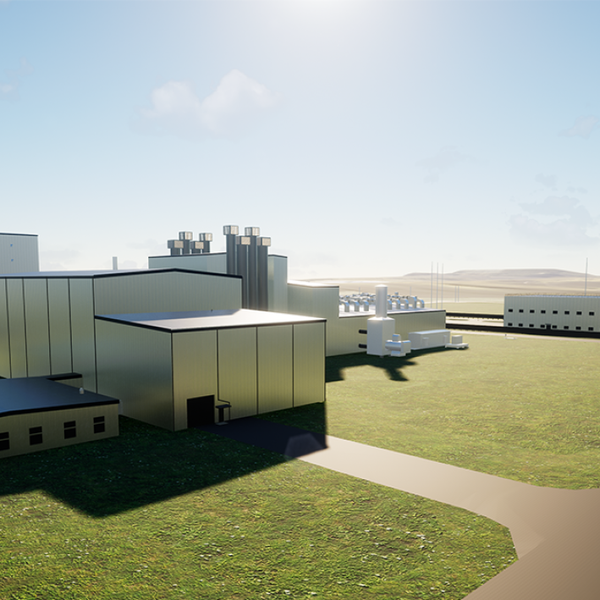Nuclear watchdogs in South Korea discovered microscopic cracks while conducting regular maintenance at a unit in the Yeonggwang nuclear complex. Though no radioactive leak has been found, necessary shutdown prompts fears of power shortages during the upcoming winter months.
Nuclear Safety and Security Commission (NSSC) spokeswoman Shim Eun-Jung confirmed the cracks, which were found in six tunnels that guide control rods. "We believe the extent of the cracks is not serious, although a further inspection is required," Shim told AFP, adding that the reactor-- which has been offline since October 18 for maintenance--will be halted for an additional 47 days for these repairs.
Friday's announcement comes just days after two reactors at the same plant were shut down to replace thousands of parts that had been provided with forged quality and safety certificates.
According to Al Jazeera:
A task force has been established with government and private sector experts to inspect all reactors to ensure their parts are properly certified. It will also inspect five reactors under construction to see if troubled parts with forged certificates have been provided.
In a country that gets 30 percent of its electricity from 23 state-owned nuclear reactors, an extended shutdown "could test public support for the industry and threaten billions of dollars worth of exports," reports Al Jazeera.
The reactor affected by the cracks has a capacity of 1,000 megawatts. According to a government official, "the extended shutdown could complicate efforts to ensure steady supply of power through the peak winter season after the two other reactors had been stopped until the end of this year."
Both of this week's incidents point to broader potential problems in South Korea's large and growing nuclear program. Despite these troubling indications, the government vows to stick with its nuclear plan to build an additional 16 reactors by 2030.


